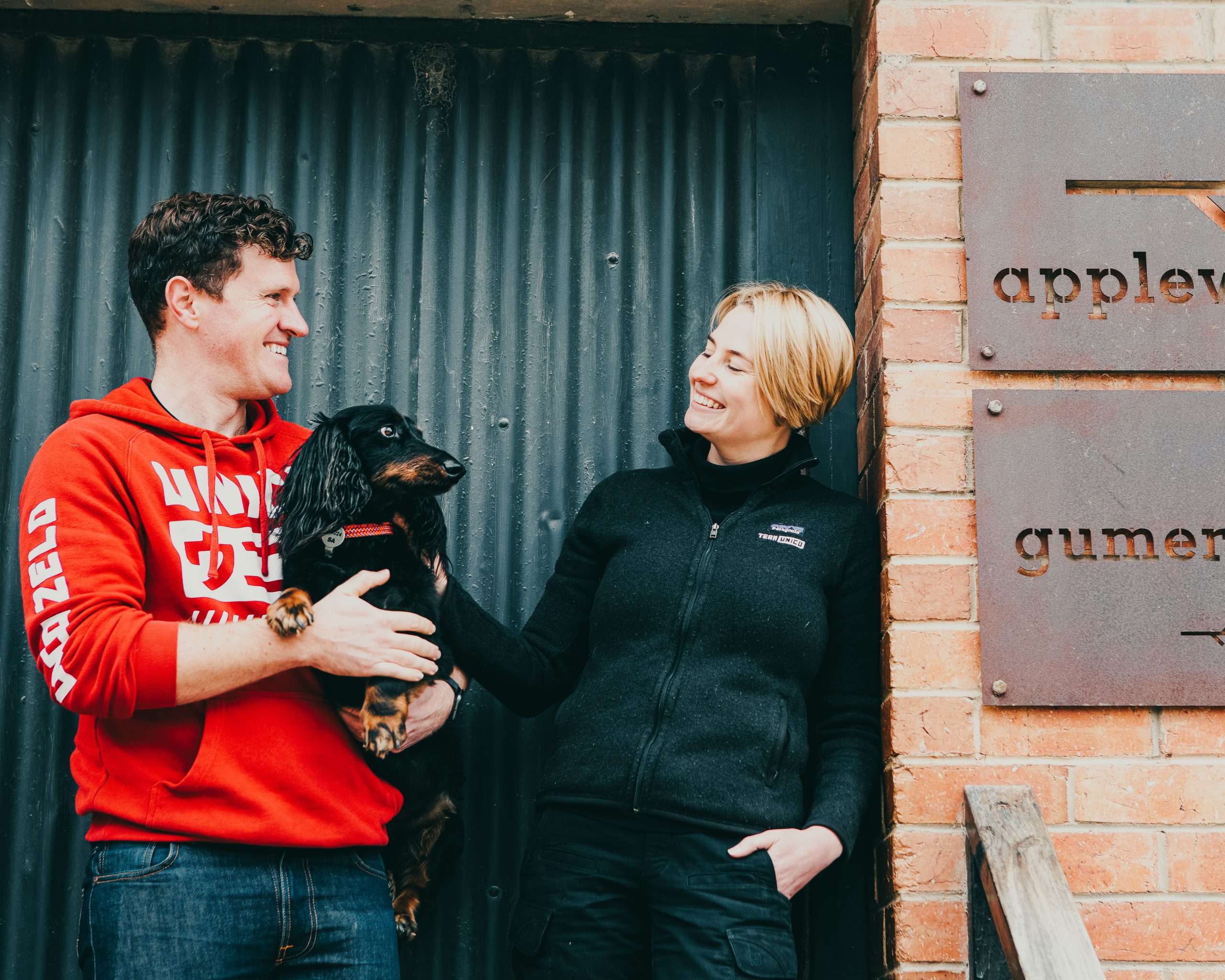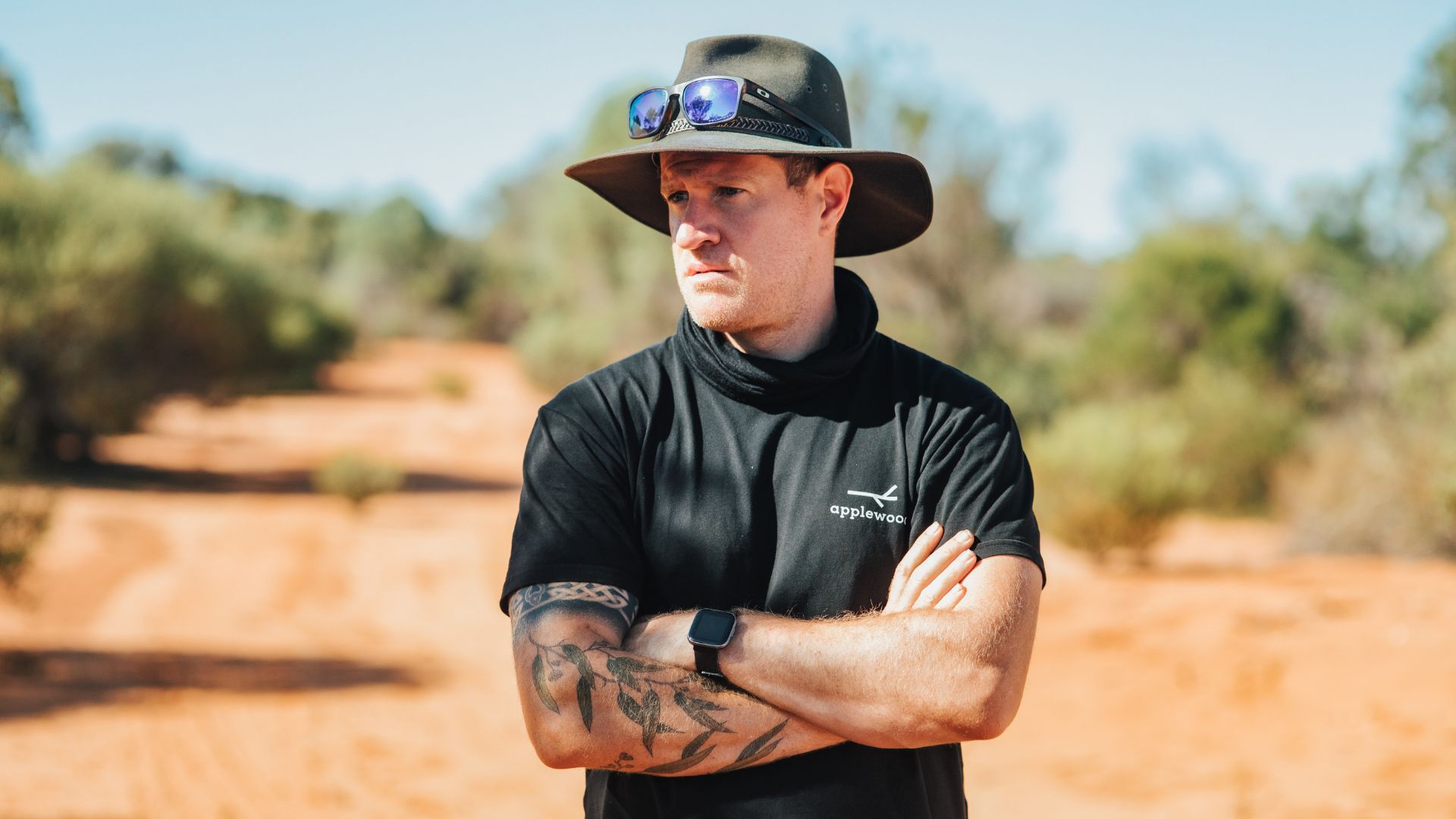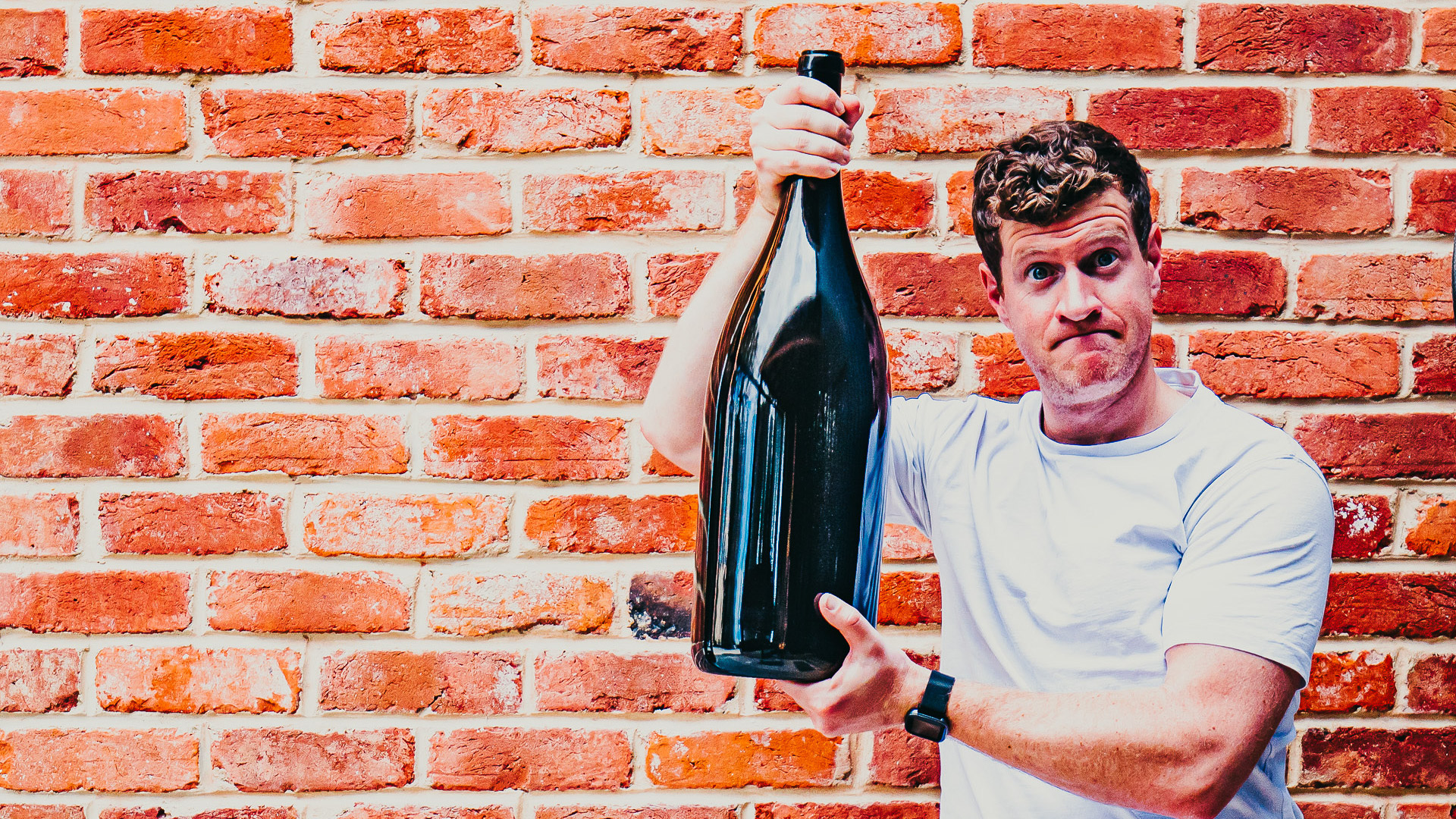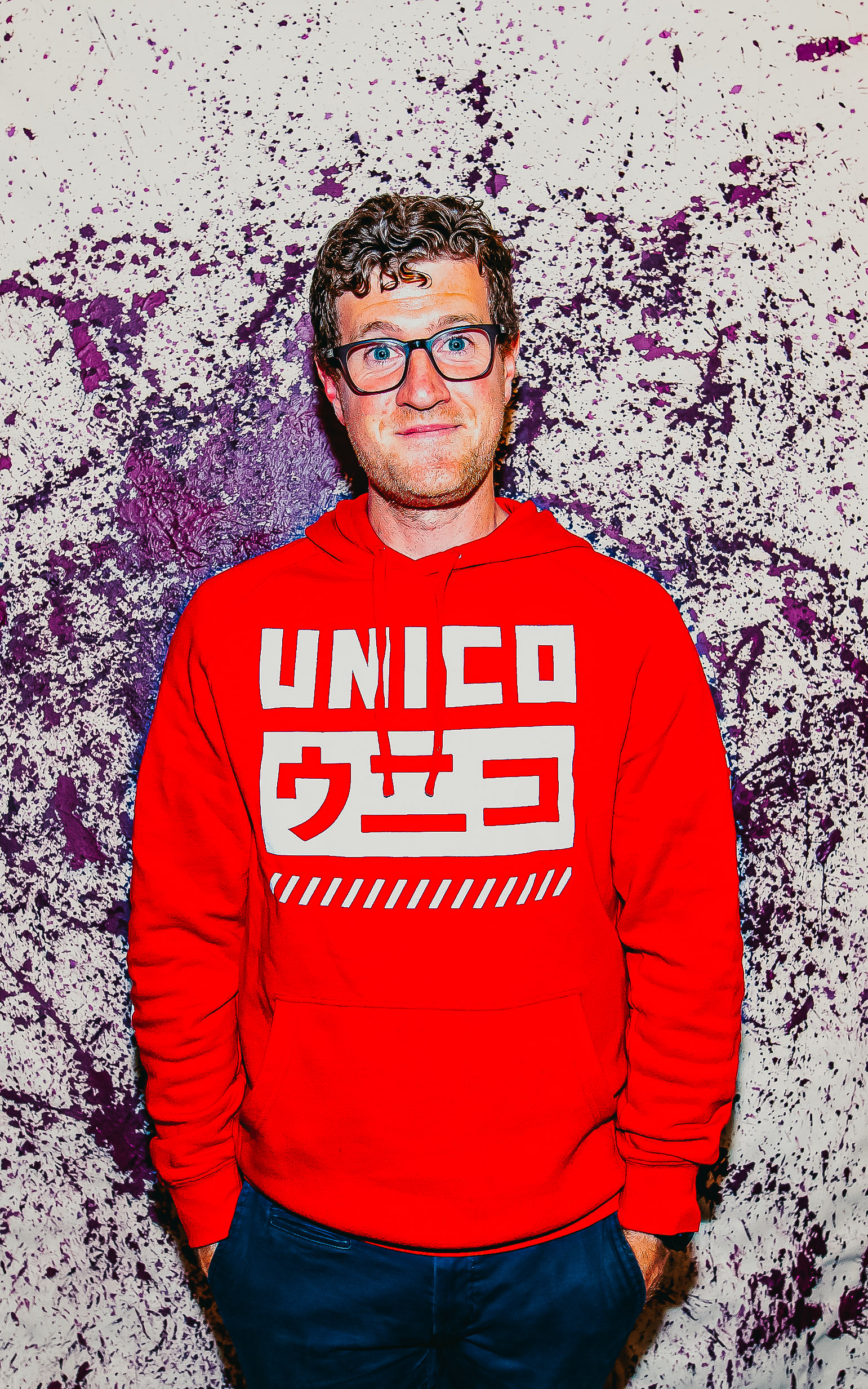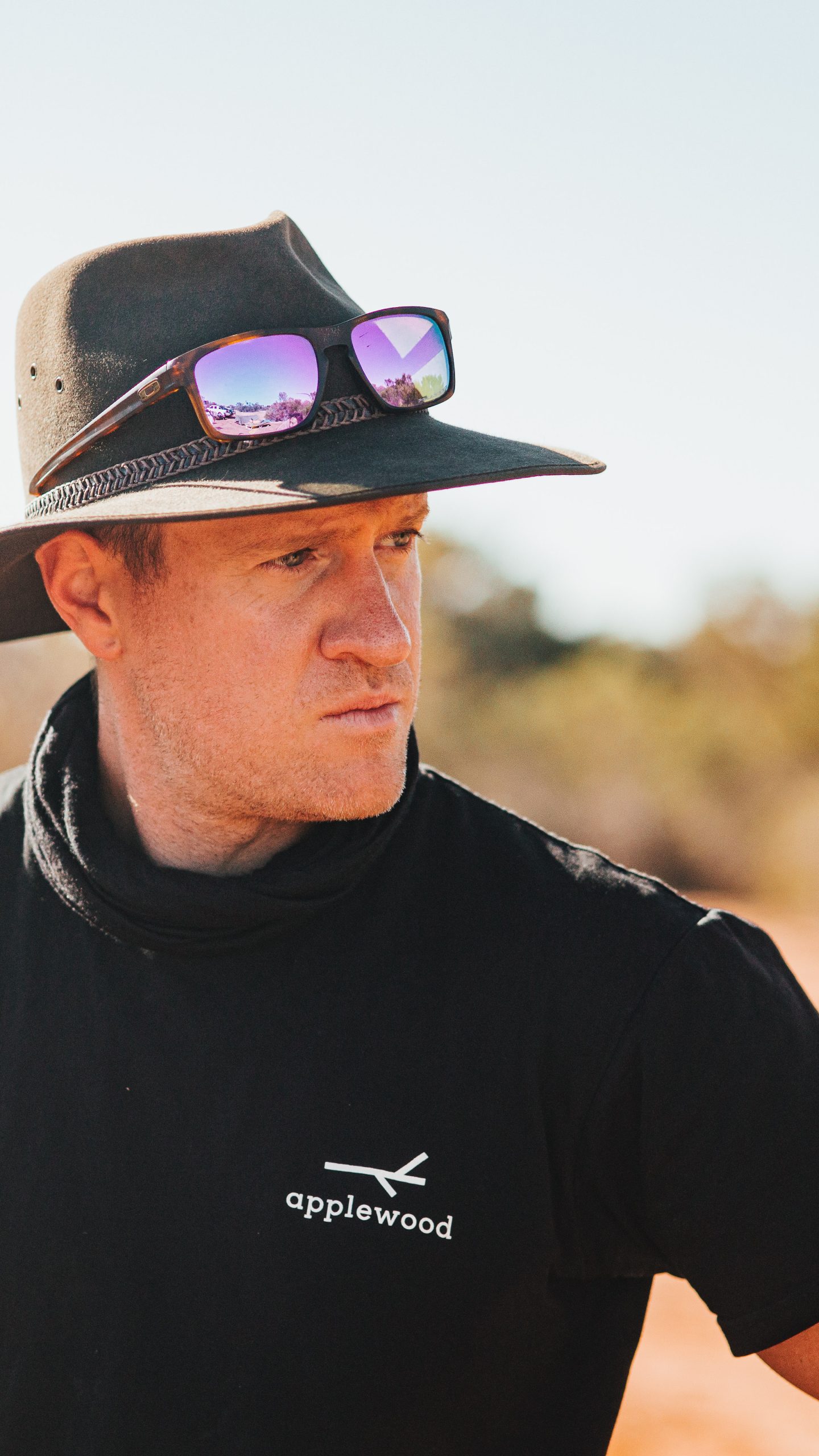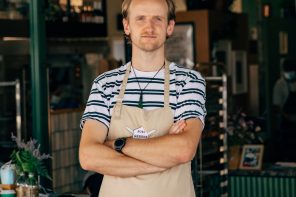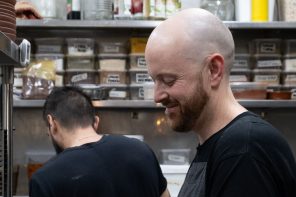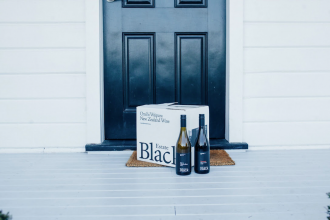Brendan Carter was lucky enough to travel overseas a fair bit as a kid, which gave him the passion to build a more prosperous culture in Australia. Wine is one of the few ways to do that, as well as the link to several big topics in society.
With no existing company that had this focus in Australia, he decided to set up his own: Unico Zelo, and naturally, that's how he became head winemaker, as well as head electrician, builder, carpenter, plumber, and labourer.
Unico Zelo is obsessive with trying to make the most Australian wines possible, starting with the dirt. The wines produced are made by specially grown grapes adapted to the Australian climate and natural resource availability. This means that the varieties of wines made by Unico Zelo are different to what most people may have heard of previously. Some of the types of wine made include Fiano, Nero d'Avola, Zibibbo, Gewurztraminer, Dolcetto, Touriga, Nebbiolo, and Sangiovese.
“We approach winemaking in a pragmatic fashion. We're not interested in exploring any specific philosophy beyond trying to achieve ecological balance in the vineyard through practical dirt-first decisions, we believe the natural result of that will give us the best possible opportunity to achieve minimal inputs in the cellar,” said Carter.
There is an element of tradition with Unico Zelo’s winemaking process. However, Carter said it is worth noting that its openness to the tradition of hand-selecting varieties over hundreds of years has given the vineyard the ability to avoid unnecessary ‘innovations’ in the wine production process. It has an exceptionally unique approach to what it crafts, setting the vineyard apart from others in the region. Carter added that he publishes all his findings with his process, hoping that others will choose to compete in some fashion.
Despite being unique, the winemaking progress for Carter is surprisingly simple. He tastes for potential, viewing the wine inside the bottle as a living product. He said that bottling could be one of the most tumultuous, risky, and rewarding processes, albeit presenting a mundane task.
“It's the one crux point in which everything can go wildly wrong and negate all the hard work growing and crafting the wine up to that point. It's also final: once we do it, it's nearly impossible to return and do it again. So as you can imagine, there are all hands on deck for bottling days to ensure we get it right.”
Carter chooses to avoid using technological advances in winemaking, preferring to stick to the traditional route. He noted that no piece of technology seems to be relevant to making wine of cultural relevance. Having said this, Carter admitted that there are occasional bits of technology that he finds useful, such as peristaltic pumps that are far gentler on the fruit, rather than mono-type or lobe-type pumps that tend to ‘mince’ as they pump.
According to Carter, wine can often be a ‘backward concept,’ adding that it should be looked at as its own entire thing rather than a beverage.
“It's not about 'conquering the land' for us. It's about finding the most appropriate pairing of variety to land so we don't have to provide intense inputs/tractor passes/sprays etc. It's not about organics, biodynamics, or naturalness; it's about pragmatic farming choices and dirt-first decisions.”
The future of winemaking for Unico Zelo is viewed as a link to agriculture with cultural meaning. Its growers believe there should be a consumable and approachable manner to be reminded that growing infinite amounts of produce is impossible.
For aspiring winemakers, Carter said it is not about being cemented to just one industry area. He added that every company has an important role to play, be it economic or cultural. The most important thing to Carter is determining how you spend your time and what contribution you can make.


